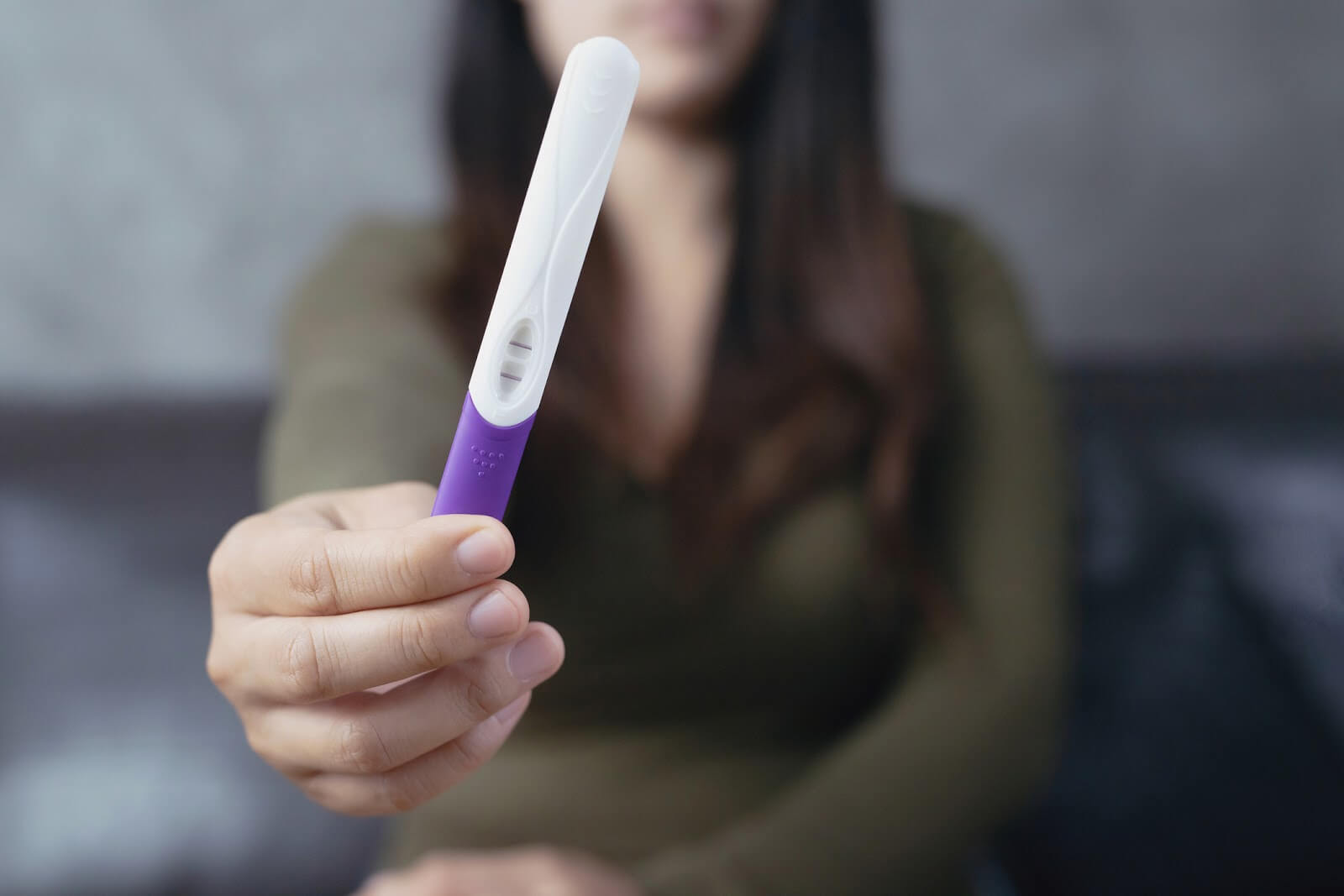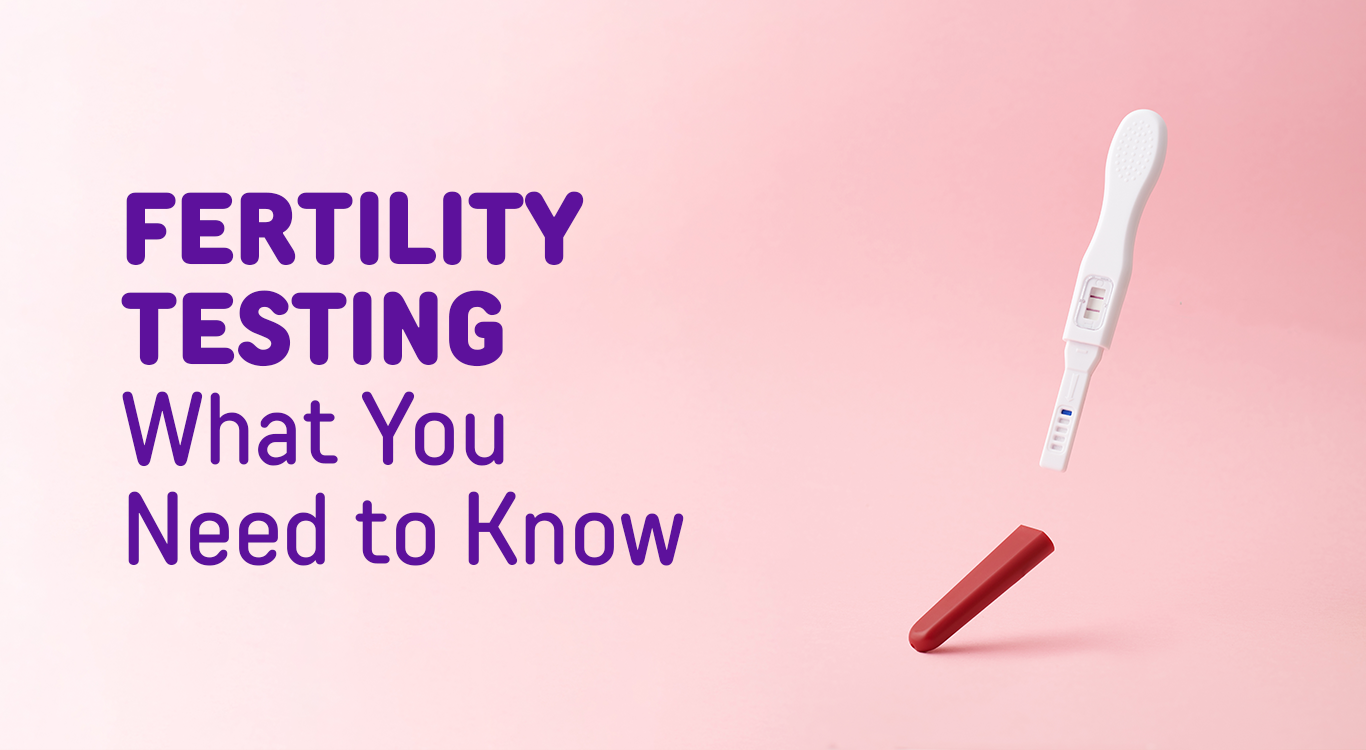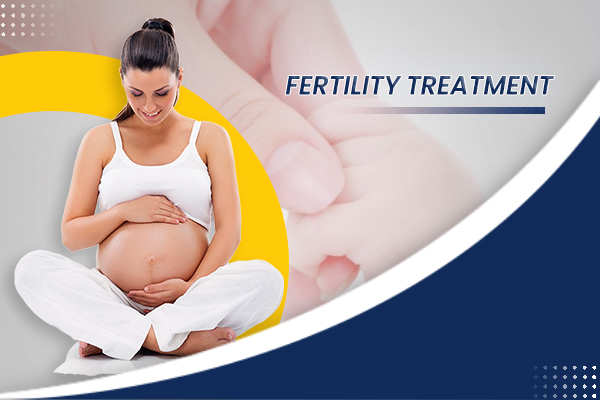Fertility Tests for Women: How it Works, Options, Diagnose, and Treatment
Fertility tests for women can be beneficial when thinking about having a baby or just wanting to know more about how your body works. These tests tell you about your health and how ready your body is to make a baby. You can do different kinds of tests some even at home and they all help you understand your body better.
We at Trusted10.io want to make sure you know your options how these tests work and what you can do if they show you might need a little help getting pregnant. We will explain everything in a way that's easy to understand so you can feel more sure about what steps to take next.
This is a great place to learn about health especially having babies and staying healthy. In this blog we'll discuss the different tests you can take to determine your fertility. Our experts know a lot about this stuff and they want to share that knowledge with you so that you can feel good about your choices and know what to do next.

How do Fertility Tests Work?
Fertility tests are like a health checkup for your body's ability to have a baby. They help doctors understand whether everything is working well or if there might be problems. Let's talk about how these tests work and what they look like.
Types of Tests and What They Look For
- Ovulation Testing: This test checks your hormone levels to see if your body is ready to make a baby each month. The optimal days to try to conceive can be determined with its guidance.
- Hormone Level Testing: Hormones like progesterone and estrogen are examined here. These hormones need to be balanced for you to get pregnant.
- Ovarian Reserve Testing: This test checks how many eggs you have left that can become a baby. Your odds of becoming pregnant can be estimated using this method.
- Hysterosalpingography (HSG): This test takes a unique picture of your womb and tubes to make sure they are open and healthy so a baby can grow there.
- Laparoscopy: This is a minor procedure where doctors use a tiny camera to look inside your belly and see if everything looks okay with your reproductive organs.
What Happens During These Tests?
- Talking to Your Doctor: You'll start by chatting with your doctor about why you might need these tests.
- Giving Samples: You should provide a blood or pee sample for some tests.
- Special Pictures: An HSG test involves injecting a special dye into your womb and taking X-rays to examine it. Laparoscopy involves making a tiny cut and using a small camera to explore the inside.
- After the Tests your doctor will review: the results and discuss what they mean and what you can do next.
- Getting Support: These tests can make you feel many things. Inquiring about assistance or speaking to someone is quite acceptable.
Knowing how fertility tests work helps you get ready for what's coming. It's all about ensuring you have the best chance to have a baby when you're ready.
Fertility Test Options
When it comes to checking your fertility there are two main methods: tests you can do at home and tests done by doctors in clinics. Both have their good and not-so-good points and fit different needs.
Testing at Home
At-home fertility tests are handy because you can do them in your own space whenever you want. The following is essential information about them:
Pros:
- Convenience: These tests don't need you to leave your pyjamas; a trip to the doctor is unnecessary.
- Saving Money: These tests usually cost less than seeing a doctor.
- Keeping it Private: You can do these tests without anyone else knowing and you get your results just for you like in an email or an app.
- Easy to Use: You can perform them easily since they come with clear instructions.
Cons:
- Not Covering Everything: These tests might only tell you part of the story about your fertility; they usually look at just a few things.
- Mistakes Can Happen: If you don't do the test right it might not give the correct answers.
- Results Might Be Off: Sometimes these tests give you a yes when they're a no or vice versa. Talking to a doctor about your results is the best way to be sure.
How They Work:
- You'll collect a little bit of your blood pee or for guys semen.
- You send it to a lab and they tell you what they find.
- These tests mainly check your hormone levels or how well your sperm swim.
When to Try Them:
- These are good to start with if you're just curious about your fertility or want to know the best days to try for a baby.
Going to the Clinic
- Doctors do clinical fertility tests and give you a complete picture of your fertility health. Here's the scoop on these tests:
Pros:
- Full Check-Up: They look at everything not just one or two things to see your fertility health.
- Trustworthy: These tests are usually more right on the money than home tests.
- Expert Advice: A doctor looks at your results and can tell you precisely what they mean and what you can do next.
Cons:
- More $$$: Going to the doctor for these tests can cost more especially if you don't have insurance.
- Takes Time and Effort: You must make appointments and take time off work.
What Kinds of Tests They Have:
- Doctors can perform blood tests take special pictures like ultrasounds and even examine the inside with tiny cameras to check everything out.
- These tests tell you a lot about your fertility.
When You Might Want to See a Doctor:
- If you're having trouble getting pregnant or if a home test shows something might be up it's a good idea to check in with a doctor for the whole story.
Knowing about both types of tests helps you decide what's best for you. Whether you start with a test at home or go straight to a doctor the important thing is that you're taking steps to understand your fertility.

Diagnosing Fertility Issues
Figuring out fertility issues is a crucial step for many people who are having trouble having a baby. When you see a doctor about this they use the results from your fertility tests to explain what's going on. Let's dive into how this works and what can cause fertility problems.
Understanding Test Results with Your Doctor
- Making Sense of Results: Doctors especially those who know a lot about fertility look at test results to see how your hormones are doing how many eggs you might have left and whether your reproductive parts like ovaries and fallopian tubes are healthy.
- What Comes Next: After reviewing your test results your doctor will discuss what might be making it difficult for you to get pregnant. They might suggest more tests or suggest ways to help you conceive.
- A Plan Just for You: Every person is different so doctors make a proper plan for you thinking about how old you are and your health history.
Common Reasons Why Getting Pregnant Can Be Hard
1: Trouble with Ovulation:
- How to Find It: If your periods are irregular you're not getting them or your hormone tests are abnormal you may be experiencing ovulation issues.
2: Not Enough Eggs Left:
- How It's Found: If tests show that you don't have many eggs left especially if you're over 35 this could be why it's tough to conceive.
3: Problems with Fallopian Tubes:
- How It's Found: Special tests like an HSG or a laparoscopy can show if your tubes are blocked or damaged.
4: Issues with the Uterus:
- How It's Found: Things like fibroids or polyps in your uterus can be seen on imaging tests like an ultrasound.
5: Endometriosis:
- How It's Found: When this happens tissue that normally would have been located within your uterus ends up outside. It can cause pain and fertility problems. Laparoscopy can diagnose this.
6: Hormonal Imbalances:
- How It's Found: Blood tests can show if your hormones like FSH LH estrogen and progesterone aren't at the recommended levels.
7: Age Matters:
How It's Found: As you get older especially after 35 it can be harder to get pregnant because of changes in your eggs.
By knowing these common causes doctors can better figure out what's going on and how to help. If you're facing these challenges getting help from a doctor early on can make a big difference in finding the right way forward.
Fertility Treatment Options
There are many methods that can help people who are having trouble getting pregnant. From medicines that get your body ready for pregnancy to high-tech procedures that assist with conception let's explore what options are out there.
Medication for Fertility
Kinds of Fertility Meds:
- Clomid: This medicine helps your body make more of the hormones that get eggs ready for pregnancy.
- FSH: This gives your body a boost when making healthy eggs.
- hMG: A mix of hormones that helps your body make eggs.
- hCG: This medicine helps your body start releasing an egg.
How They Help:
- These medicines ensure your hormones are at the proper levels to support making and releasing eggs.
- They're often used when you're going through treatments like IVF to increase the chances of getting pregnant.
What to Watch For:
- These medications can sometimes cause side effects like tummy pain feeling bloated headaches and mood changes. Before anything happens it's wise to discuss it with your doctor.
Surgery for Fertility
Types of Surgeries:
- HSG: A particular test that checks if your fallopian tubes and uterus are healthy and open.
- Laparoscopy: A minor surgery where doctors look inside your belly to check for any problems with your reproductive organs.
- Ovarian Drilling: A method for treating PCOS in which small holes are made in the ovaries to help with ovulation.
When Surgery Might Be Needed:
- Suppose there are physical problems like blockages or conditions like endometriosis. If that's the case you may find that surgery improves your chances of becoming pregnant by fixing these concerns.
What to Expect:
- You'll talk to your doctor about how to get ready before surgery. You'll be asleep during the surgery and afterward you'll need some time to heal.
Assisted Reproductive Technologies (ART)
About ART:
- ART includes different ways doctors can help eggs and sperm come together to start a pregnancy primarily when other treatments haven't worked.
Different ART Methods:
- IVF: Doctors combine eggs and sperm in a lab then put the embryo into the uterus.
- ICSI: In vitro fertilization involves injecting a single sperm directly into an egg.
- GIFT: To facilitate natural conception the fallopian tubes are immediately filled with eggs and sperm.
How Well They Work:
- The success of ART varies for everyone based on things like age and specific fertility issues. IVF for example has a success rate of about 20% to 40% per try but this can change depending on your situation.
Choosing the proper fertility treatment depends on lots of factors including what's causing the fertility issues your personal preferences and sometimes what you're ready for emotionally and financially. Talking with a fertility specialist can help you understand your options and decide your best path forward.

Seeking Medical Advice
Starting your fertility journey can be a big step and having the proper support and advice is essential. Talking to a healthcare provider who knows much about fertility can help. They can guide you help you figure out what's happening and work with you to find the best path forward. Here's why talking to a doctor and some tips on finding the right fertility specialist for you are essential.
Why It's Good to Talk to a Doctor
- Expert Advice: Doctors specializing in fertility can give you good advice. They understand all the details about fertility and can help you make sense of things.
- Checking Everything Out: They can perform all the tests you need explain the results and suggest what to do next.
- Just for You: Everyone's different so doctors make sure the plan they suggest is right for you considering your age health and what you've been through before.
- Support: Going through fertility challenges can be tricky. Doctors aren't just there for the medical stuff; they're also there to support you emotionally.
Finding the Right Fertility Specialist
- Do Your Homework: Ask people you trust like your family doctor or friends who've been through similar experiences for recommendations. Look online for reviews and information about doctors' qualifications and successes in helping others.
- Check Their Skills: Make sure they're good at dealing with fertility issues. You want someone who's seen and treated cases like yours before.
- Feeling Comfortable: It's vital that you feel okay talking about personal stuff with them. They ought to make you feel heard and understood by explaining things in terms you can grasp.
- The Clinic Matters Too: Look at where they work. Is the clinic good? Do they have the latest technology and offer all the services you need?
Your First Visit
- Talking About Your Health: The doctor will want to know about your health history like any illnesses surgeries or if you've been pregnant before.
- Sharing Your Concerns: Be open about what worries you any problems you've had trying to get pregnant and any questions you have.
- Figuring Out Next Steps: They might suggest some tests to help you understand your situation better.
- Discussing How to Help: They'll talk about what treatments could work for you what to expect and how successful they might be.
- Getting Emotional Support: This is also a time to talk about how you're feeling. It's normal for this journey to be emotionally challenging; your doctor can help you.
Reaching out for medical advice is a smart move when you're considering fertility. It means you're not alone; you've got a professional by your side to help you through it and ensure you get the care that's right for you.
Conclusion
In this blog we discussed many important aspects of fertility such as the different kinds of tests you can do to learn about your body's ability to have a baby how doctors determine what might be making it hard to get pregnant and the different ways they can help you.
If you are thinking about becoming pregnant it is very important that you understand your body and how it functions. If you have questions or something is worrying you asking for help is okay. You may get the greatest advice and guidance from doctors and other medical experts when you seek their advice.
Trusted10.io is here to help you too. We've got lots of information that's easy to read and understand so you can learn more about fertility and how to care for your health. We're always here to help you find what you need and support you on your journey to understanding your body better.


